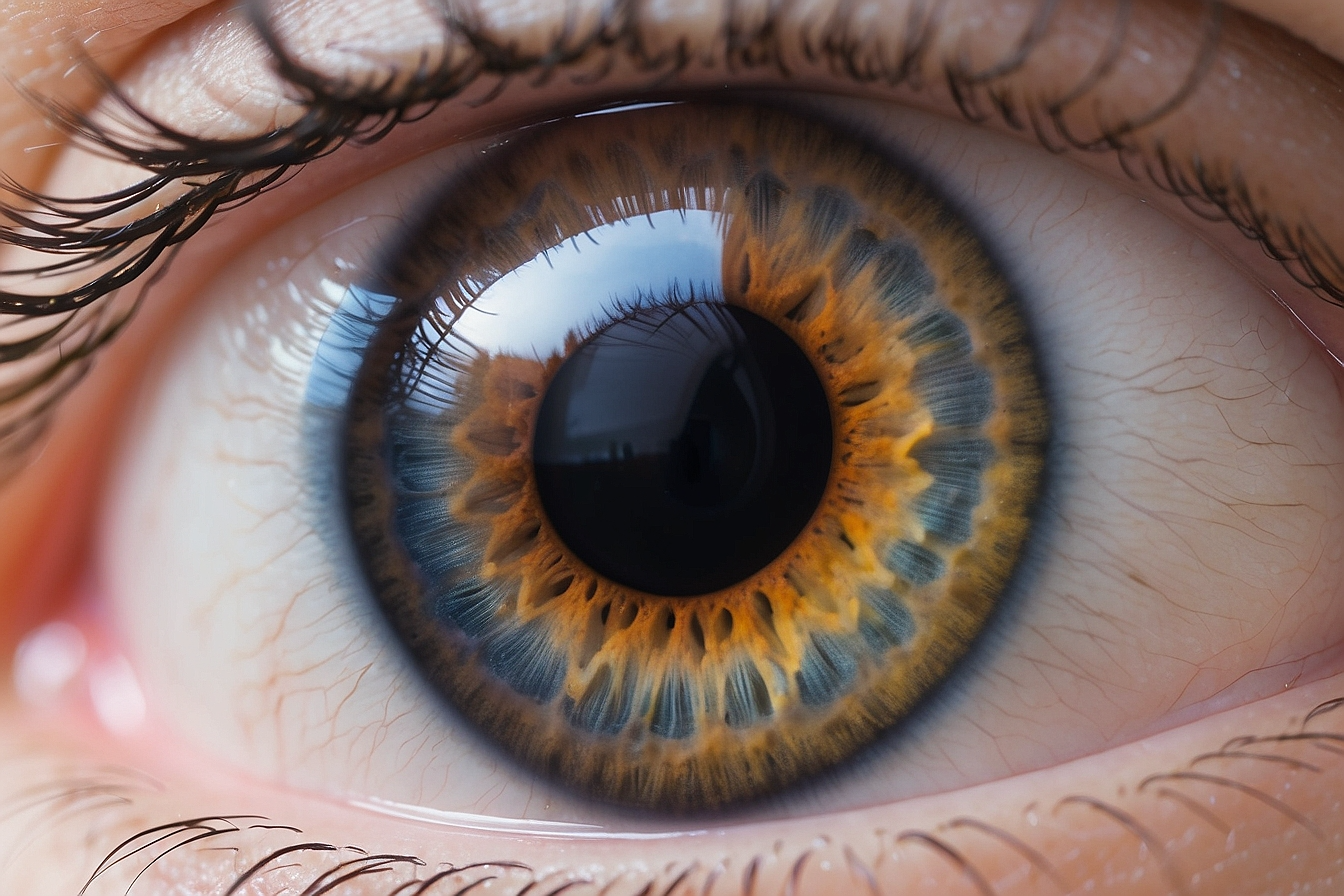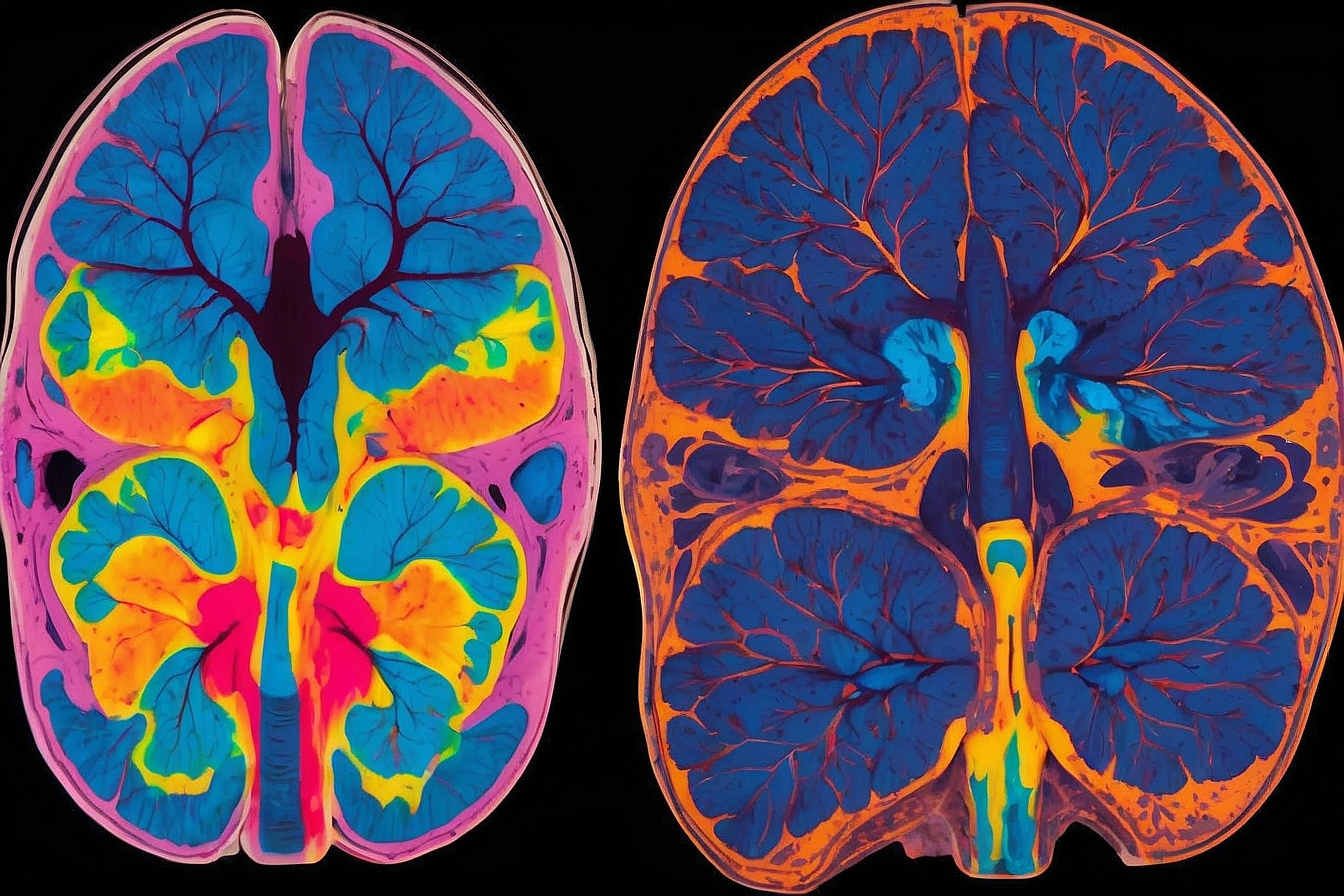
Have you ever felt like the world was just… too much?
The way a tag scratches at your skin, the relentless hum of fluorescent lights, or a crowd seems to amplify other people’s negative emotions until they become overwhelming. For years, I blamed myself for feeling like a raw nerve exposed to the world. I’d hide away, ashamed of my sensitivity.
But then, I learned about the highly sensitive person (HSP) personality trait. That I might not have a mental illness or a brain disorder after all, it was frightening and a massive relief to realize my brain works differently.
If any of this resonates with you, keep reading. It turns out that sensory processing sensitivity (SPS) is a natural biological variation found in roughly 20% of the population. We’re neurodivergent —our minds process our sensory experiences and information more deeply. This blog will shed light on HSPs and neurodiversity.
Understanding HSP and Neurodiversity

Let’s unpack some of those terms we introduced. It’s helpful to understand the concepts before we dive into a deeper understanding of what living with those things means.
- Defining HSP: The term highly sensitive person (HSP) was coined by Dr. Elaine Aron in the 1990s. While not a medical diagnosis, it describes people with sensory processing sensitivity (SPS). We process sensory stimuli – sights, sounds, smells, tastes, etc. – more deeply than the average person. Our heightened sensitivity extends to internal stimuli and emotions, both our own and others.
- Understanding Neurodiversity: Our brains work differently from the “typical” brain. Neurodiversity is like a spectrum, encompassing people with autism, ADHD, dyslexia, etc. It means our brains are wired in uniquely awesome ways, not broken.
Current Research on HSP and Neurodiversity

The science of high sensitivity is still relatively young. Here’s what we know (and not everyone, what we’re still figuring out):
- Scientists still studying the connection: While HSP is not a diagnosable disorder, researchers find that HSPs have differences in brain regions involved in sensory processing, emotional awareness, and empathy. There’s potential overlap with conditions like autism and ADHD, but more research is needed for clearer answers.
- Coping strategies for HSPs: Whether the HSP trait is connected to a diagnosable condition, researchers agree that specific strategies help manage our unique sensory sensitivities and tendency towards emotional overwhelm. Some tested techniques include:
- Mindfulness: Noticing emotions and sensations without judgment can help them feel less overwhelming.
- Sensory toolkit: Noise-canceling headphones, soothing scents, or fidget toys can help regulate sensory input.
- Boundaries: Learning to say “no” to overstimulating situations and protect quiet time.
- Self-care techniques: Prioritizing sleep, gentle movement, time in nature, and engaging our creative passions all nourish the highly sensitive system. We’ll dive deeper into self-care in Section 4!
Important Note: If you suspect you or your child may have a neurodevelopmental condition like autism or ADHD, seeking professional evaluation is crucial. The HSP trait might be present alongside such conditions or explain some traits entirely.
Embracing Being an HSP

Being a highly sensitive person isn’t always easy. We face unique challenges:
- Challenges:
- Sensory overload: Crowds, loud noises, bright lights – these can easily leave us frazzled.
- Emotional overwhelm: Our deep empathy means we easily absorb others’ emotions, and sometimes even our own can feel too intense.
- Feeling different: Sadly, sensitivity is often misunderstood as weakness in a world that values boldness.
- Strengths: While not without challenges, high sensitivity offers incredible gifts:
- Deep perception: We notice subtle details others miss, leading to richer experiences of art, nature, and connection.
- Strong empathy: Our ability to tune into others’ feelings makes us amazing friends, partners, and often natural helpers.
- Creativity: Many HSPs have a rich inner world that fuels artistic expression.
- Building a support network: It is vital to find people who “get” our sensitivity. This might be a supportive friend, fellow HSPs (online communities are amazing!), or even a therapist specializing in the HSP trait.
Key Point: Embracing our HSP trait doesn’t mean pretending the challenges aren’t there. It’s about respecting your highly sensitive people and nervous system, celebrating your strengths, and finding a way to thrive in a world that wasn’t designed with us in mind.
Frequently Asked Questions

- Relationship between HSP and Autism: There’s potential overlap. Some autistic individuals are also highly sensitive. However, autism is a complex neurodevelopmental condition with distinct diagnostic criteria and traits beyond sensitivity. HSP, on its own, is not autism.
- Possibility of HSP being part of ADHD: Similarly, some people with ADHD might also be highly sensitive. ADHD involves challenges with attention and impulsivity; high sensitivity adds a layer of intense sensory and emotional experience. Again, they can co-exist, but are distinct.
- Coping with daily challenges as an HSP: Here are some additional tips beyond those mentioned earlier:
- Plan your day: Minimize overwhelm by structuring stimulating activities and quiet recharge time.
- Communicate your needs: Let loved ones know how they can support your sensitivity (like lowering the volume or giving you space to decompress).
- Focus on the positive: List your HSP strengths and how they enrich your life.
Important Reminder: It’s best to consult a mental health professional if you suspect autism, anxiety disorder ADHD, or other diagnosable conditions. A professional can help distinguish between overlapping traits and provide personalized guidance.
Conclusion
Discovering that you’re a highly sensitive person with sensory processing disorder (HSP) can be life-changing. Suddenly, experiences that felt confusing or wrong start to make sense. Remember, it’s not about being weak or flawed. Sensory processing sensitivity (SPS) is a natural variation found in a significant portion of the planet’s population (and even in many animals!).
Yes, being an HSP comes with challenges. We may sometimes struggle with sensory overload and our emotional responses to overwhelm. But we are also uniquely gifted with a deep capacity for empathy, creativity, and noticing the beauty others miss.
We can turn our sensitivities into superpowers by learning more about high sensitivity, developing coping strategies, and embracing our strengths. We are not alone, and with the right understanding and tools, we can learn to thrive in a world often too loud and bright for our beautifully sensitive souls.
If you’re ready to dive deeper, here are some resources:
- Dr. Elaine Aron’s website: https://hsperson.com/
- “The Highly Sensitive Person” by Elaine Aron (An essential read!)
- Online HSP communities: Search on social media platforms or dedicated forums!





Leave a Reply